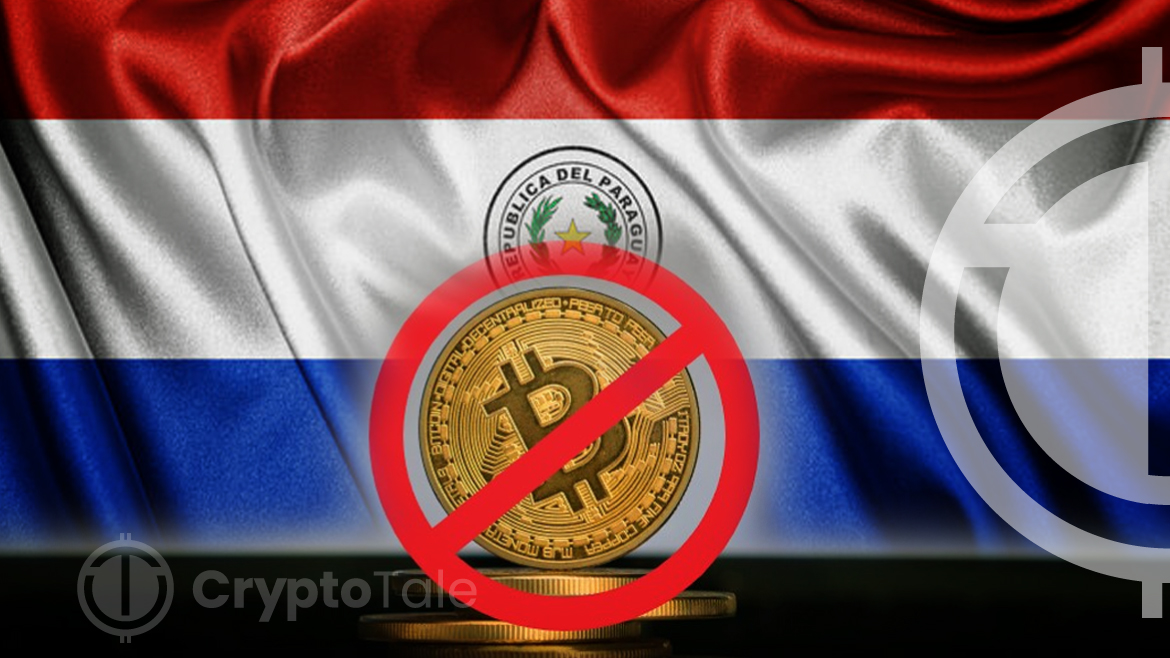- Paraguay faces a severe energy crisis, prompting legislative action against cryptocurrency mining.
- The proposed ban reflects concerns over illegal crypto mining’s impact on Paraguay’s power supply.
- Paraguay’s rich hydroelectric resources have made it a hotspot for crypto miners seeking low-cost energy.
The Paraguayan government is contemplating legislation to prohibit Bitcoin mining, sparking debate. Critics fear the broad scope could extend to crypto staking and wallets, stifling cryptocurrency usage nationwide. The proposal raises concerns about unintended impacts on the digital currency ecosystem, potentially affecting reward mechanisms and basic crypto wallet functionalities.
The escalating energy crisis in Paraguay has prompted a significant legislative response, particularly targeting the cryptocurrency industry. Lawmakers in the country have put forth a legislative proposal aiming to curtail the escalating electricity consumption attributed to cryptocurrency mining operations.
This initiative arises amidst an acute power shortage, exacerbated by a spike in energy demand due to extreme summer temperatures. The proposed legislation seeks to impose a temporary halt on a wide array of activities within the cryptocurrency domain, including mining, trading, and even the possession of digital assets.
The legislature in Paraguay has put forward a proposal aimed at suspending cryptocurrency mining operations temporarily across the nation. This move is in response to concerns over illegal mining activities that are reportedly causing power thefts and disrupting the country’s electricity supply.
The proposal, tabled on April 4, seeks to prohibit the establishment of new mining farms and encompasses the broader cryptocurrency ecosystem, including the generation, maintenance, storage, and sale of digital currencies.
The proposed suspension would last for a period of 180 days, approximately six months, or until the enactment of comprehensive legislation. This timeframe is contingent upon assurances from the National Electricity Administration (ANDE) that it can supply adequate power to mining operations without compromising the electricity needs of other consumers in Paraguay.
Paraguay has become a hotbed for cryptocurrency miners, drawn by the nation’s ample hydroelectric power resources. Specifically, the southeastern region of Alto Paraná, which is adjacent to Brazil and Argentina, has seen a significant influx.
Since February, there have been 50 documented incidents of power supply disruptions in the region directly attributed to the illegal and covert operations of crypto miners. ANDE has reported that each mining farm implicated in these activities is responsible for substantial financial damages, estimating losses of approximately $94,900 (700 million Paraguayan guaraníes) per instance. The total annual economic impact in the Alto Paraná region is believed to potentially reach $60 million (420 billion Paraguayan guaraníes).
This proposal follows a near-successful attempt in 2022 to establish a tax and legal framework for the cryptocurrency and mining industries in Paraguay, which then-president Mario Abdo Benítez ultimately vetoed due to concerns over the environmental impact of mining operations.












